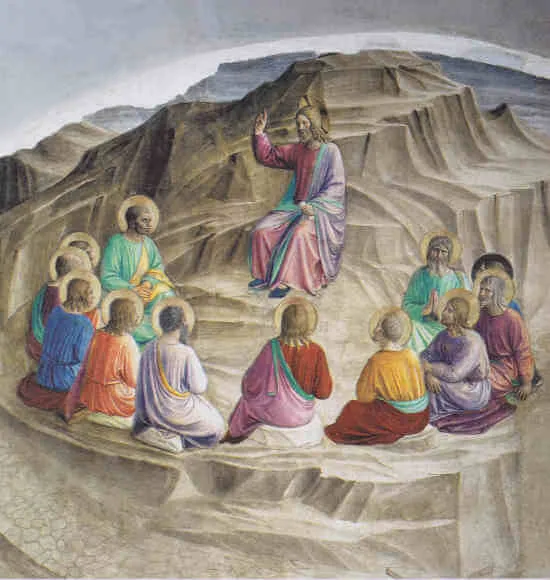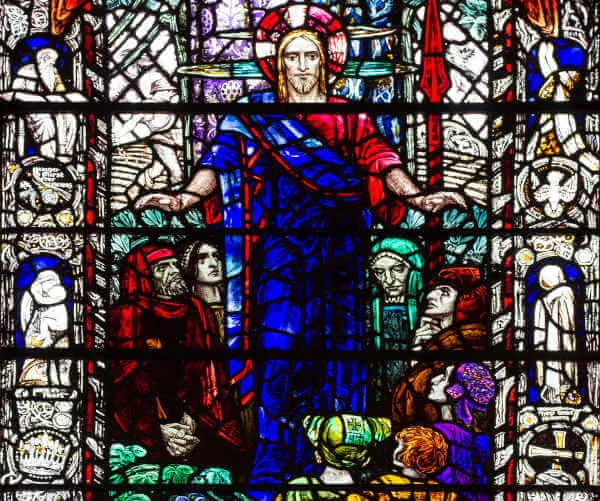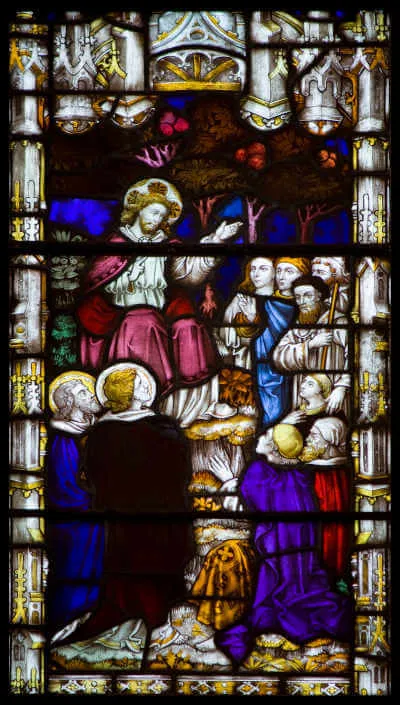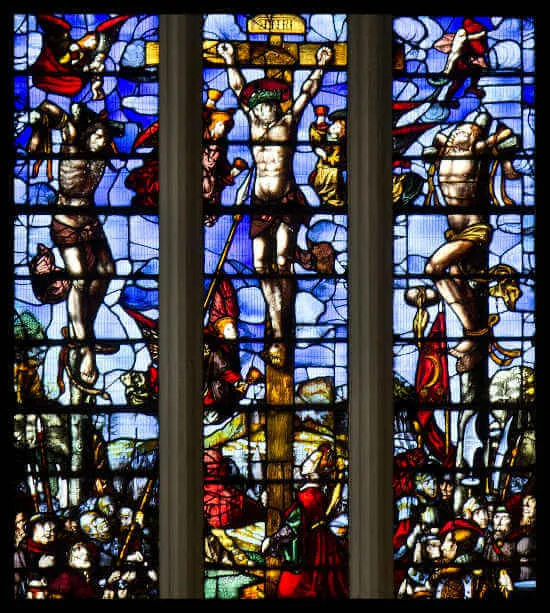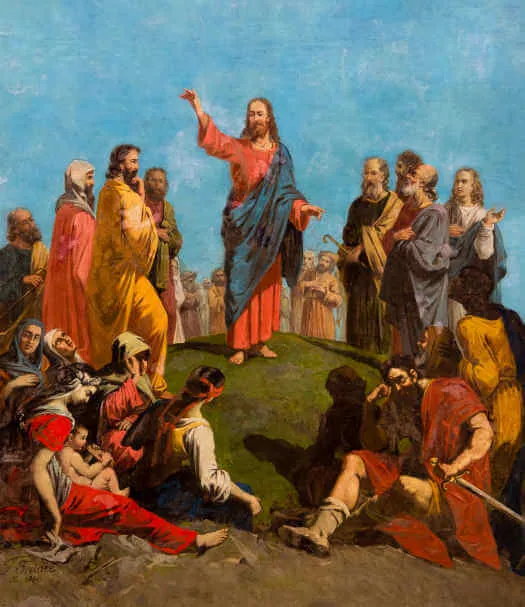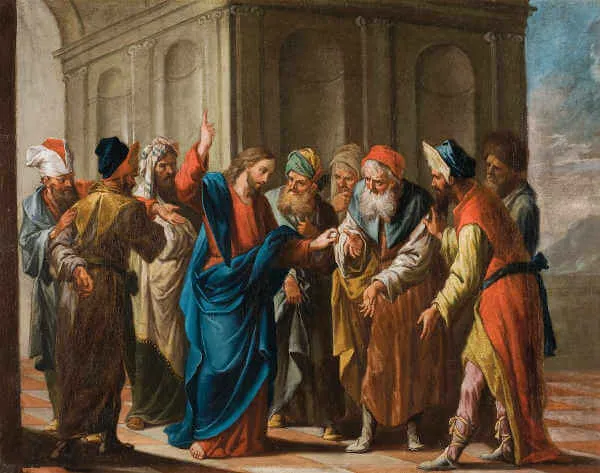Matthew 5:21-22
The Burden of Anger
“You have heard that it was said to your ancestors, You shall not kill; and whoever kills will be liable to judgment. But I say to you, whoever is angry with his brother will be liable to judgment, and whoever says to his brother, Raqa, will be answerable to the Sanhedrin, and whoever says, ‘You fool,’ will be liable to fiery Gehenna.”
Reflection:
The passage quoted above gives us three deepening levels of sin that we commit against another. These sins were new teachings not contained in the Old Testament. By this teaching, Jesus’ call to radical holiness and love of neighbor is made very clear.
The first level of sin is simply to be “angry” interiorly. The sin of anger is an interior attitude of disgust toward another. Jesus says that the consequence of having anger toward another is that you will be “liable to judgment.” The second level of sin is when you say to another “Raqa.” This Aramaic word is difficult to translate but would include some form of expression of one’s anger toward another. It would be a derogatory way of saying to another that they are unintelligent or inferior. The third level of sin Jesus identifies is when you call another “fool.” This word is an even stronger expression of Raqa and would be a verbal criticism of them, indicating that the person is a lost soul in a moral sense. It’s a strong moral condemnation of another that is expressed.
So, do you struggle with anger? Jesus’ calling to freedom from all levels of this sin is a high one. There are many times in life when our passion of anger is stirred up for one reason or another, and that passion leads to one of these levels of sin. It’s a common temptation to want to condemn another with whom you are angry in the strongest way possible.
It’s important to understand that this new teaching of Jesus is truly not a burden when understood and embraced. At first, it can seem that these laws of our Lord against anger are negative. That’s because lashing out at another gives a false sense of satisfaction, and these commands of our Lord, in a sense, “rob” us of that satisfaction. It can be a depressing thought to think about the moral obligation to forgive to the point that disordered anger disappears. But is it depressing? Is this law of our Lord a burden?
The deep truth is that what Jesus teaches us in this passage is, in many ways, more for our own good than that of others. Our anger toward another, be it interior, verbally critical or all-out condemning, can be hurtful toward the person with whom we are angry, but the damage these forms of anger do is far worse for us than them. Being angry, even interiorly, even if we put on a happy face, does great damage to our soul and our ability to be united to God. For that reason, it is not this new law of our Lord regarding anger that is the burden, it is the anger itself that is a heavy burden and a burden from which Jesus wants you free.
Reflect, today, upon the sin of anger. As you do, try to see your disordered anger as the real enemy rather than the person with whom you are angry. Pray to our Lord to free you from this enemy of the soul and seek the freedom that He wants to bestow.
Source: https://catholic-daily-reflections.com/2024/06/12/the-burden-of-anger-3/


